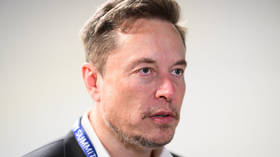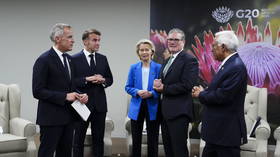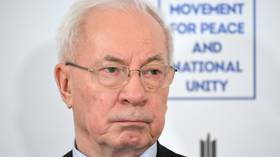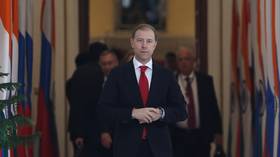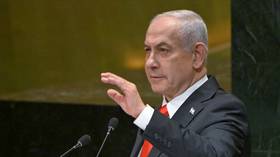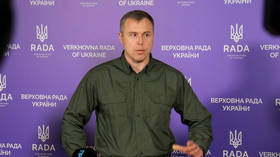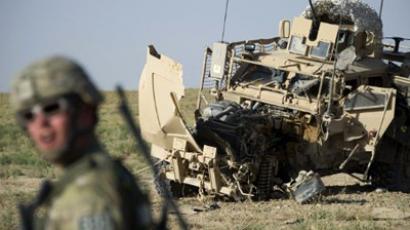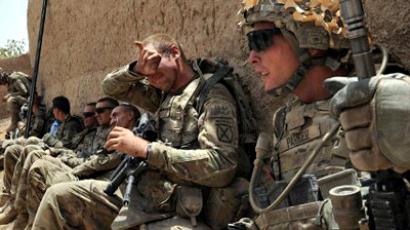Revenge, nationalism and jingoism: is the world really a safer place?
The American “war on terror” is said to protect its people and the world from new terrorist threats. But experts believe it was an intentional attempt to foment nationalism, jingoism and revenge against the countries of the Muslim world.
Bill Van Auken, a member of the international editorial board of the World Socialist Web Site, says there is no evidence America went to war in Iraq and Afghanistan to protect its people“We are always told 9/11 changed everything,” Van Auken told RT. “And certainly it is a changing point in American and world history. But I think if you look at what took place in the aftermath of 9/11, they do not flow from the events, they flow from policies that have been at work for at least the previous decade.” “The ruling establishment of this country is composed of the top layers of the financial system, of the corporate system, two political parties which they control and a corporate-run media which does their bidding,” Van Auken went on. “And through that media, through the parties, through the instruments of public opinion that they control they did foment nationalism, jingoism, the idea of revenge.” “A unipolar moment has arisen. The US could carry out its will by military force anywhere in the world. And it could use military force to reverse what has become, more evidently, an economic decline, decline in its position on the world’s stage,” he concluded.
‘We have returned to a 19th-century-like world of great powers’
Professor Michael Vlahos from the US Naval War College has shared with RT his own view on how the world has changed since the 9/11 attacks, stating that we have returned to a “19th-century-like world of great powers.”“The US was not only acknowledged as the leader, but in the wake of 9/11 the nations of the world gave the US their full support,” he said. “That’s a very unstable world and it’s not a good prospect looking ahead to the future.”He believes that the feeling of confidence in the US military force, which was tremendously effective at the focal point of US strategy in the 1980s, was flushed away with the sense of invincibility.“What I think the US needs to do now is to look very harshly and coldly at changes that are going on in the world. The most powerful truth to come out of the last ten years is the relative ineffectiveness of the US military in achieving the kinds of goals that we set for it.”Professor Vlahos believes that the US needs to rethink seriously what military effectiveness is and how it can be used to “do well for the world as a whole,” and not only to “advance national interests.”“There were the wrong kinds of choices for what we wanted in the long-term to achieve in the Muslim world,” he said. “In other words, what we were doing may have felt good, may have addressed a tremendous sense of emotional anxiety that we felt, but in the long run we achieved in many ways the opposite of what we wanted.”


